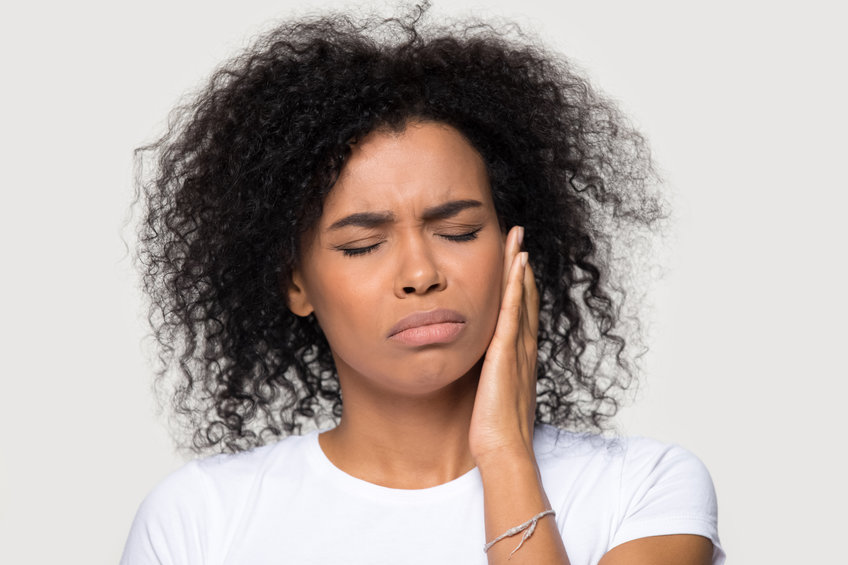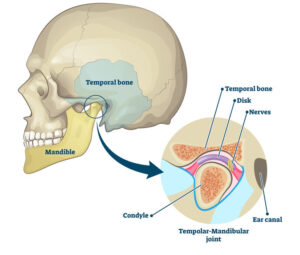Treatment for TMJ Disorders:

Treatment for TMJ Disorders: Physical Therapy Treatment at Minneapolis Health & Wellness NE.
When Your Dentist Recommends Physical Therapy for TMJ Disorder, We Can Help.
Estimates suggest as many as 1 in 8 people suffer from symptoms related to dysfunction in the jaw, or temporomandibular joint, and its supporting structures. Dentists can help with TMJ issues, such as with a mouthguard, but they often recommend Physical Therapy treatment coupled with their treatments for the best results.
Physical Therapy in combination with Chiropractic Care have proven to be effective for many people and can help with recovery. When you’re ready to schedule your appointment at MPLS Health & Wellness NE, simply call us at 612-750-7168 or visit our online appointment page.
Common Symptoms Related to Jaw Pain
There are several symptoms related to dysfunction in the jaw. These include:
- Pain in the jaw joint itself
- Headache, especially waking up with a headache (and probably a stiff jaw too)
- Earache
- Popping or clicking in the jaw
- Locking of the jaw, either open or closed (not to be confused with Lock Jaw from Tetanus)
- Radiating pain in the jaw bones- maxilla (upper jaw) or mandible (lower jaw)
- Neck pain
There are some other causes of jaw pain that should be noted as well. Jaw pain can be present with minor issues like a toothache but is also a symptom of a heart attack. So, it’s definitely worth paying attention to. If you are having other symptoms of heart attack, this is a potential medical emergency.

Common Causes of Jaw Pain
The anatomy of the jaw joint is very much like any other joint in the body. The jawbone, or mandible, connects to both sides of the skull to form the temporomandibular joints. Between the bones in each joint is a soft cartilaginous disc that improves the function of the jaw but can be problematic as well. The two joints allow you to open and close your mouth and are very important with speech. There are a number of muscles that control the movement of the jaw, and because of the close relation of the TMJs to the upper neck, even things like poor posture and neck pain can contribute to jaw pain. Some of the common causes include:
- TMJ/TMD: the joint(s) cause jaw pain. Dysfunction in the joint may be caused by the disc in the joint slipping out of place and causing abnormal jaw function.
- Tooth ache: can be felt as pain in the tooth specifically, or it may spread to a larger area of the jaw including the joint.
- Rheumatoid Arthritis
- Diseases such as Mumps and Tetanus (rare today thanks of vaccines)
- Heart attack: pain or pressure in your chest may spread and affect the jaw; jaw pain can be the only noticeable symptom of a heart attack, so it is important not to dismiss it without knowing the cause.
- Clenching or grinding teeth: this is common cause of jaw pain, headaches and facial pain and deserves a closer look.
As active as the jaw is with its regular daily activity, to then add clenching your jaw and/or grinding your teeth may cause overuse injury to the jaw muscles or joints – much like a tendinitis in the shoulder or elbow caused by repetitive activity. Overuse can result in inflammation of the joint as well as the muscles, resulting in pain that can be severe and debilitating.